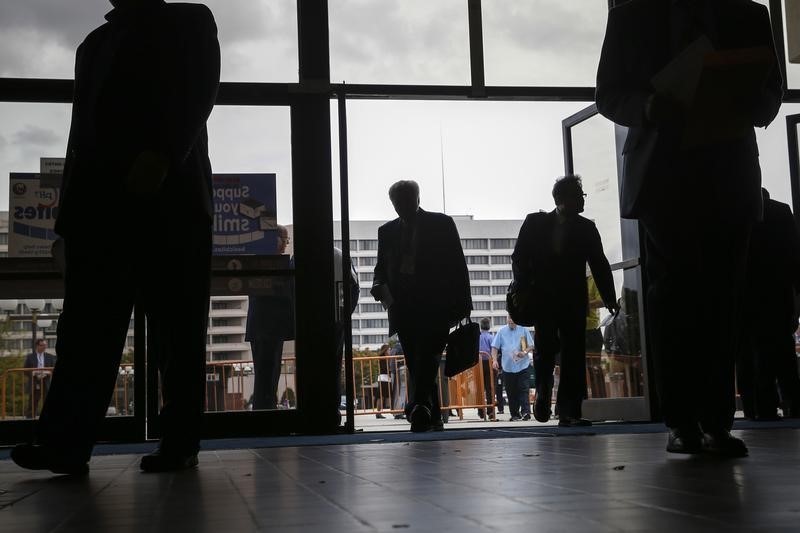Familiar Car/Erdem: Scrappage Incentives Make Tax-Free Vehicles Unlikely
The scrap incentive proposal discussed over the past week has raised significant interest among consumers. Okan Erdem, General Manager of Aşin Automobile, spoke about the scrap incentive which has been implemented several times in the last 22 years, noting that the proposal appears comprehensive and positive. However, he emphasized that the sale of zero-kilometer domestic vehicles without special consumption tax (SCT) for those scrapping vehicles over 25 years old seems unlikely.
Erdem made important statements regarding the currently trending "scrap incentive" issue. He said, “Since 2000, scrap incentives and SCT reductions have periodically come to the agenda; some have been implemented while others remained pending. Given the current economic conditions, selling vehicles without SCT seems a difficult possibility. However, it may be possible to offer zero-kilometer domestic vehicles with a certain discount on SCT.”
Furthermore, Erdem pointed out the need to prevent new opportunists arising from a potential scrap incentive. He recalled the abuses seen in past scrap incentives: “Industry representatives and consumers will remember that every time a scrap incentive has emerged, the prices of old cars have greatly increased, and those wishing to benefit from options like SCT reductions have bought these cars. A system of rent-seeking emerges here. In a potential incentive situation, imposing a registration condition of 1, 2, or 3 years from the date of registration for vehicle owners over 25 years old would protect the rights of citizens in real need. A similar condition should also be imposed for the resale of the vehicles purchased with the SCT discount, requiring 3 to 5 years of usage.”
Another topic included in the proposal concerns heavily damaged vehicles. Industry representatives have responded positively to the proposal aimed at preventing the circulation of vehicles that have sustained heavy damage and have not been repaired correctly. However, they emphasize the need for a new independent control mechanism regarding the sale of vehicles that have been heavily damaged due to accidents or disasters and their repair processes.


